Here is some free advice for our government. If you want the difference between gigabit and gigabyte to be clear, do not abbreviate those words!
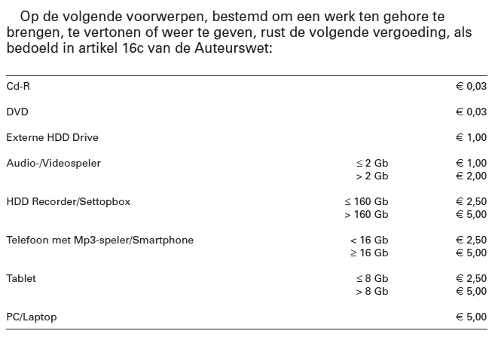
A small printing error has made it so that multinational record companies can pump even more of our tax money out of the country, at least in theory. In October last year the Ministry of Justice published a table of copyright levies in Staatsblad, the official government newspaper in which laws and decisions must be printed to become legal. Where the ministry wanted to write ‘gigabyte’, it wrote ‘Gb’, an abbreviation meaning gigabit. When talking about storage a byte typically contains 8 bits.
This means that legally speaking people who for example buy a smartphone with 2 gigabytes of storage would have to pay a higher price.
In practice this will likely not occur. Jochem Donker, a legal consultant working for Stichting Thuiskopie, the organisation that will collect the levies, told Webwereld: “We agreed upon gigabytes, so I find it hard to imagine that parliament suddenly changed its mind. This is probably a capslock error. I expect we will not abuse this.” Several lawyers called the use of ‘gigabit’ “an apparent mistake” (kennelijke verschrijving).
The ministry has decided that it will not correct the text until the levies are up for revision in 2014. “If we had meant gigabit, we would have written Gbps.” Fail! Gbps means ‘gigabit per second’. Later the spokesperson admitted that the ministry had made a mistake. “But it is evident that we meant ‘gigabyte’. The reports of the lower house also say ‘gigabyte’.”
Here is more free advice. If you desperately do want to use abbreviations, for instance because you are printing a table and the columns aren’t very wide, explain your abbreviations in a legend.
(Image: Staatsblad)
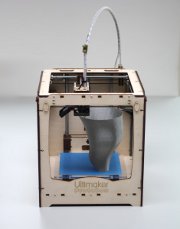


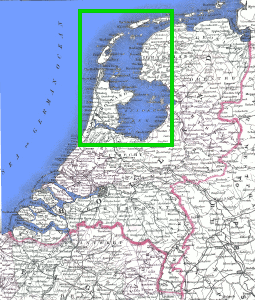
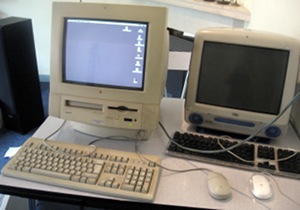
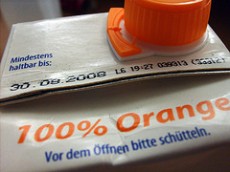


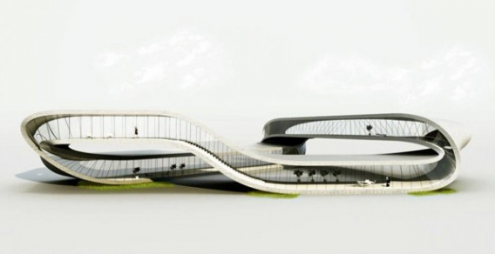
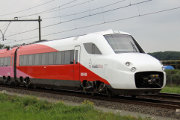 A Belgian rail safety body has suspended the Dutch high-speed train Fyra on its network,
A Belgian rail safety body has suspended the Dutch high-speed train Fyra on its network, 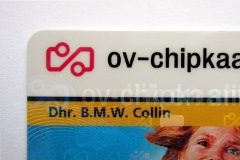
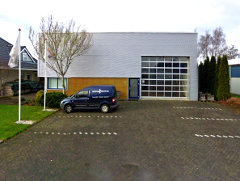 A museum dedicated to the computers of US manufacturer Apple has opened its doors in the town of Ureterp, just East of Drachten in Friesland.
A museum dedicated to the computers of US manufacturer Apple has opened its doors in the town of Ureterp, just East of Drachten in Friesland.